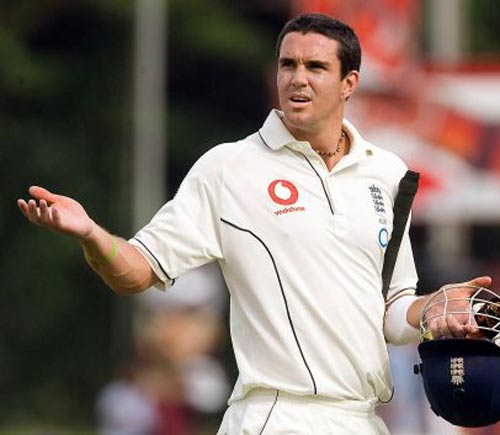What works today will sell today, says cricket's Texan philanthropist
Having helped revive the game in the Caribbean, Sir Allen Stanford can use his commercial contacts to become a major global player, writes Jon Culley

Sir Allen Stanford, the Texan billionaire who has emerged as a potential ally for English cricket in setting up a Twenty20 competition to rival the Indian Premier League, has his sights on becoming a major player on the international scene after being seduced by the game's appeal and potential in the Caribbean, where he lives.
The 58-year-old entrepreneur, owner and chief executive of the Stanford Group, a wealth management company with clients in 136 countries, is based at St Croix in the US Virgin Islands, having moved to the region in the Eighties.
With a personal fortune estimated at around £1billion, Stanford was last year ranked the 239th-richest individual in America by Forbes magazine. He has substantial business interests in Antigua, including banking, hotels and the national airline. He funded a new hospital for the island and is held in such high regard by the Antiguan government that in 2006 they awarded him a knighthood, which was presented to him by Prince Edward.
Already a philanthropic supporter of golf, polo, tennis and sailing, he turned his attention to West Indies cricket after a lunch with Michael Holding, the former fast bowler, when conversation turned to the demise of Caribbean cricket. "When cricket, which is the glue that binds us all together, comes up, we go up with it, and when it sinks down we all sink with it," he said in an interview recently. "West Indies cricket was dying because we were trying to run it like amateurs."
He subsequently developed close ties with the West Indies Cricket Board and has already committed around £65m to revitalising West Indies cricket, including the establishment of an academy and a professional league based on the Stanford 20/20 competition he set up in 2006.
It features 20 teams, including the traditional power bases in Barbados, Jamaica, Trinidad and Guyana but also teams from Bermuda, the Dutch Antilles and the US Virgin Islands. Every game is played at his custom-built stadium outside St John's, the Antiguan capital. Trinidad & Tobago received £650,000 for winning this year's event, while Jamaica picked up £300,000 as runners-up. Each winning player received a £2,500 gold championship ring, similar to those handed to winners of the Super Bowl. The tournament is geared explicitly towards an American TV audience.
He is no fan of Test cricket – "I'm not knocking the game, I'm just saying what works today will sell today" – but although he pays the wages of many of the region's stars through his support he insists he would not withhold them from the Test team.
With the commercial contacts he has established in the North American market, as well as his now huge influence over West Indies cricket, he is in a position to help the Caribbean match India as a force in the game.
Join our commenting forum
Join thought-provoking conversations, follow other Independent readers and see their replies
Comments
Bookmark popover
Removed from bookmarks